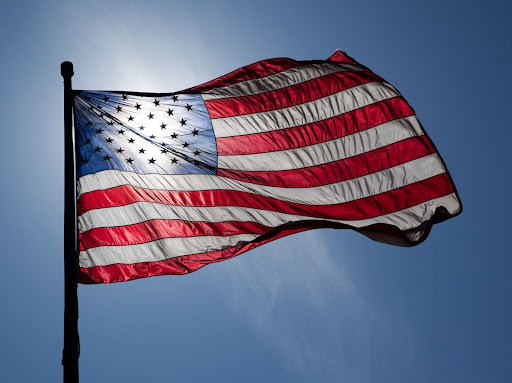For over a year, the Syrian military has been using violence to break up peaceful anti-government protests and quell a rebellion which is part of the large Arab Spring, a string of uprisings that have toppled many decades old dictatorships across the Middle East. The violence has only gotten worse, and Syria has become very chaotic. The U.S. government and the United Nations must use military intervention, because all other actions have failed.
Syrian citizens began protesting in Jan. 2011, angered by their lack of rights. The Syrian constitution had been suspended under an emergency law. Many rights, including freedom of speech and habeas corpus, were lost.
Since 1970 Syria has been ruled by the same regime; the only major power change that occurred was in 2000, when former President Hafez Al-Assad handed over power to his son Bashar Al-Assad.
The revolution picked up steam on March 15, 2011 when regional protests turned nationwide, fueled by social media posts. Initially, the government reacted peacefully. Although there were reports that the government had arrested protesters through an internet crackdown, no military intervention had occurred.
In April of 2011 President Al-Assad had declared he would lift the state of emergency, and did so soon thereafter. However at the same time his government and the Syrian military began violent attempts to stop the revolution.
Troops began arresting, assaulting, and killing protesters. Live ammunition was used to break up crowds and gun down the protesters. Troops robbed homes, and there are many reports of rape.
“Yes, we used to use live ammo. And there were a lot of casualties and injured, because of that, among the demonstrators calling for freedom,” said a defected soldier in an interview with Al Jazeera news.
The worst violation of human rights is the military’s general bombardment of urban neighborhoods where resistance is high. This shelling of cities is the cause of most of the casualties. The death toll has mounted at nearly 9,000 civilians, with tens of thousands more wounded and even more turned into refugees, their homes destroyed by artillery.
The dissidents’ response became increasingly violent, and the situation has now escalated into an armed conflict between the Free Syrian Army and government forces. Although the UN organized a peace treaty between the two belligerents on April 12 and UN observers have been to the nation, fighting has still gone on, and violence has still occurred against the protesters as well.
This isn’t the first situation like this to occur. In 2011 Libya had a very similar uprising, which turned into a civil war. The U.S. and its allies intervened with air and naval combat forces. The U.S. did not use any ground forces throughout the entire conflict. The only death that occurred for The U.S. or its allies was sustained during an air traffic accident, not during combat.
Although it may not have fully solved the problem, the operation sped up the civil war in Libya and overthrew the abusive government. A similar operation in Syria could produce the same result.
Although it may cost a large amount of money the U.S. will not be involved in any long term fighting. No ground troops would need to be committed to the cause. Military intervention could help put an end to the regime that is abusing citizens, and save lives by shortening a long drawn out civil war that diplomacy has failed to solve.
Many politicians agree. In his testimony on the floor of the U.S. senate, John McCain voiced his opinion that it was necessary to take action. “The United States should lead an international effort to protect key population centers in Syria, especially in the north, through airstrikes on Assad’s forces. To be clear: This will require the United States to suppress enemy air defenses in at least part of the country,” McCain said in March. He argues that action would help the transition to democracy, and secure U.S. interests. He is right. The U.S. could benefit from a friendly government in the Middle East.
It is time for the U.S. to get involved in Syria and stop a terrible situation, while promoting democracy and







